|
Democratic decision-making (DDM) is a powerful tool for advancing diversity, equity, and inclusion (DEI) goals within businesses and nonprofits. As a worker-led, anti-racist organization, Center for Community Wealth Building uses DDM to guide our organizational strategy, and we want to share what we’ve learned so that others can consider it part of their toolbox. What is DDM and How Do We Use It? Our democratic decision-making (DDM) process started with our staff members deliberating on who makes decisions and how decisions are made. While time-consuming, this process set the stage for growth spurts in organizational development, member inclusion, employee engagement and satisfaction, and long-term organizational success. Although we’ve been making decisions democratically for years, CCWB has spent several months developing a decision-making matrix. A matrix creates clarity on how decisions are made. Because we are a nonprofit, we identified our decision-makers as our board, staff, teams, managers, executive director, and the community we serve. If you do this for a business, your decision-makers might be different. If your organization is unlikely to embrace democratic decision-making, you could create a decision-making matrix just for your team. Here’s a behind-the-scenes glimpse into our process: While the discussion occurred over three sessions (and several smaller meetings), we completed our matrix and are so proud of how it will help us make decisions moving forward.
We have learned that DDM helps advance our DEI goals in these ways: 1. Increasing and facilitating diverse representation The process facilitates equal representation and communication of diverse voices from different backgrounds, experiences, and perspectives. Our staff members had to voice their thoughts, co-create the process, and vote on each decision. 2. Giving a space for constructive dialogue without fear The process has opened an inclusive dialogue about the future of our organization and how we want to relate to each other. Although it felt messy during DDM discussions and debates, every staff member was encouraged to express their opinions freely without fear of retribution. Individuals shared their unique perspectives, which is crucial for uncovering blind spots and leading to more well-rounded and equitable decisions. Despite engaging in disagreements and debates, our time together left us feeling energized and supported by one another. 3. Protects checks and balances among stakeholders The DDM process inherently includes mechanisms for checks and balances. At CCWB, several layers of stakeholders act as checks on one another, ensuring that power is distributed and not concentrated in the hands of a select few. We even include the public - our program participants who challenge us and give us feedback after every engagement. Then, we have staff members, management, the executive director, and our board, who all have decision-making power according to our matrix. 4. Outwardly engages accountability to the community As said above, we involve the public in our decision-making. Our programming is highly influenced and informed by the people we serve. On a smaller level, after each program offering, we reach out to participants (in Spanish and English) and ask for feedback. Going through a DDM process allowed us to identify new places where community might weigh in on more significant levels—including our program strategies and elements of our budget. We don’t just take feedback; we require it in our decision-making. 5. Increasing Transparency, Accountability, and Psychological Safety for Staff We also appreciate that this is a transparent process. No one was left out. We understood the process and answered questions as they came up. We came up with the process as a team. Decisions are made through processes that are open to scrutiny, ensuring accountability. This transparency is critical for identifying and rectifying discrimination or bias. It also helps build trust among diverse communities, as they can see that decision-makers are held accountable for their actions. Conclusion At CCWB, we are an anti-racist and inclusive organization; we recognize that society as a whole has trended toward hierarchy and top-down structures, so we see these practices as a way to shift our internal culture, to align with others who are practicing anti-oppression, and to live into our values. Democratic decision-making is one of our most potent tools for incorporating diverse perspectives, promoting inclusive dialogue, establishing checks and balances, and encouraging community engagement. Please consider using it and contact any of our staff to learn more.
1 Comment
|
AuthorDiana Aqra, Archives
April 2024
Categories
All
|

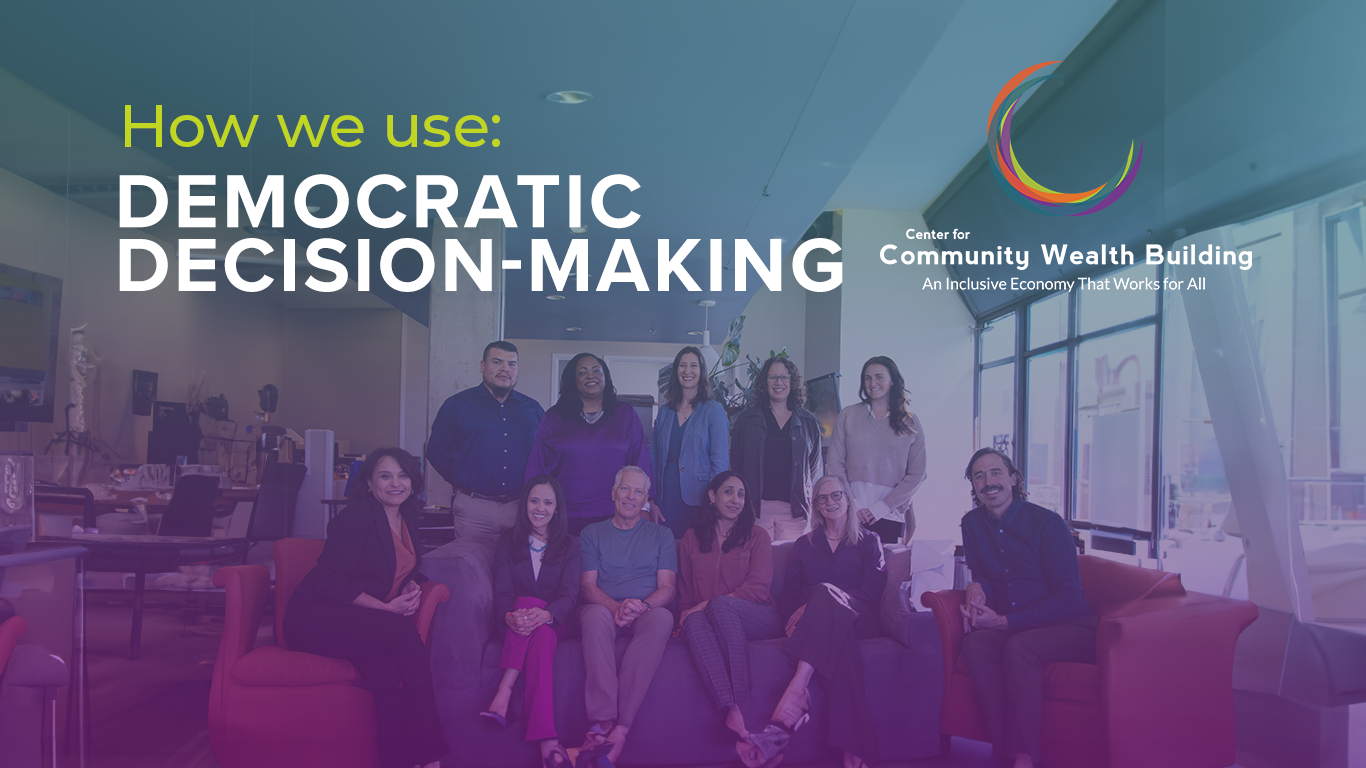
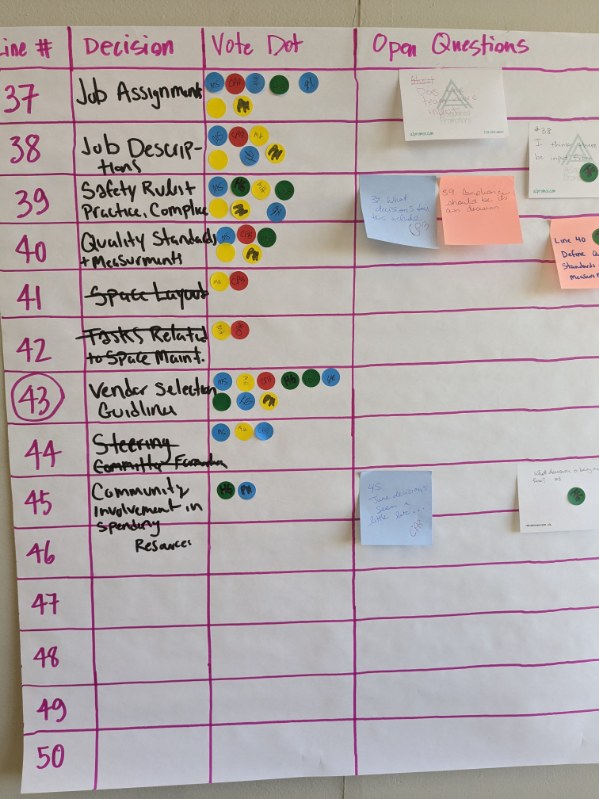
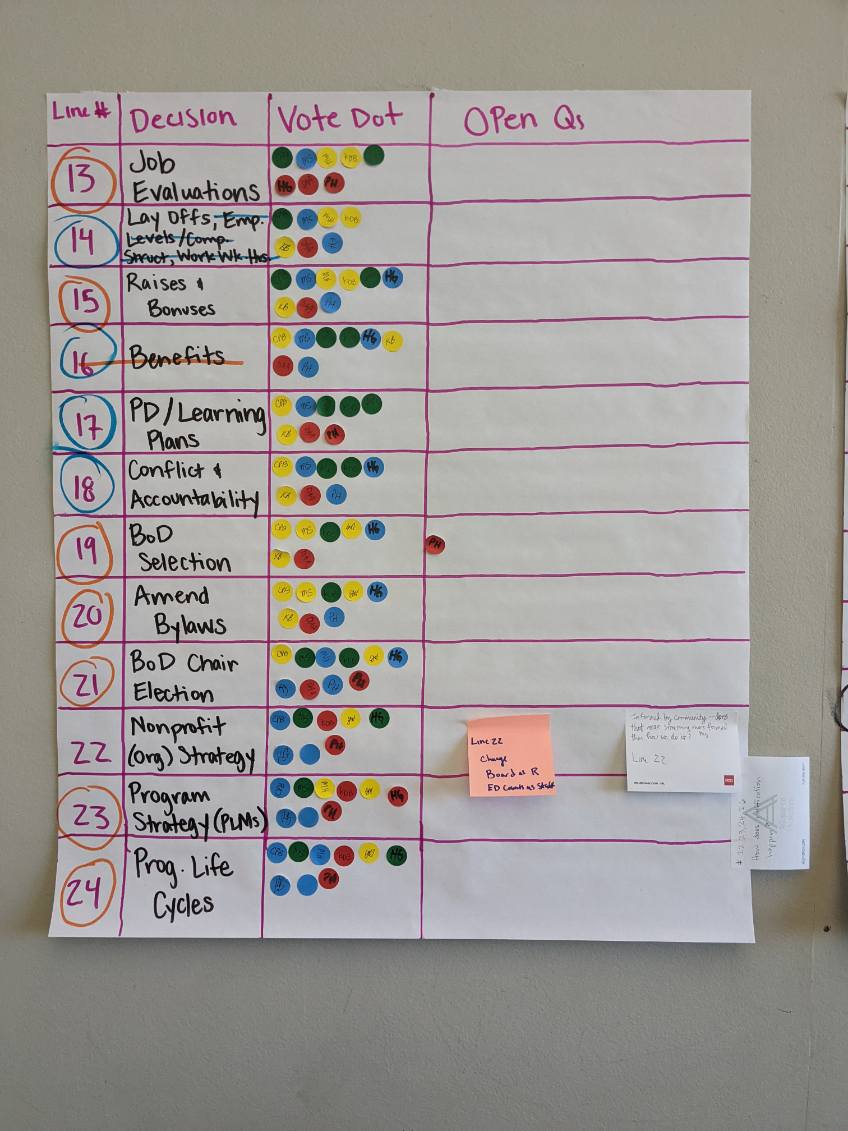
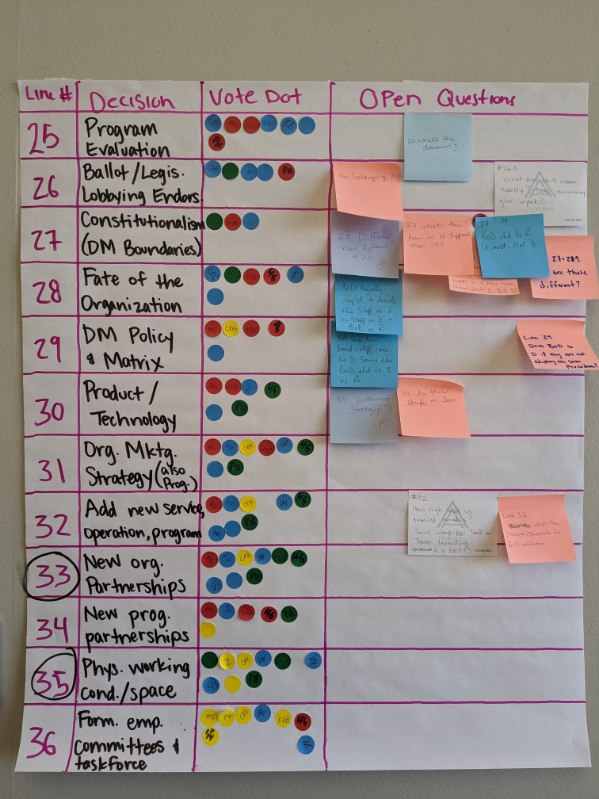
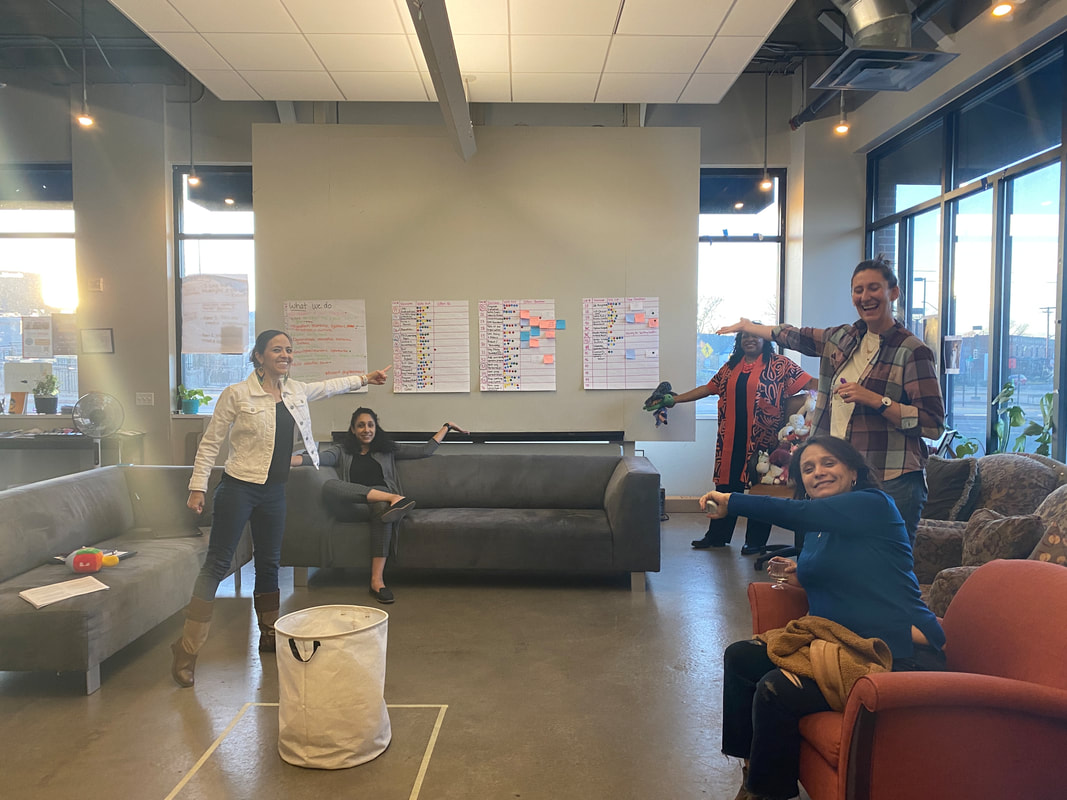
 RSS Feed
RSS Feed